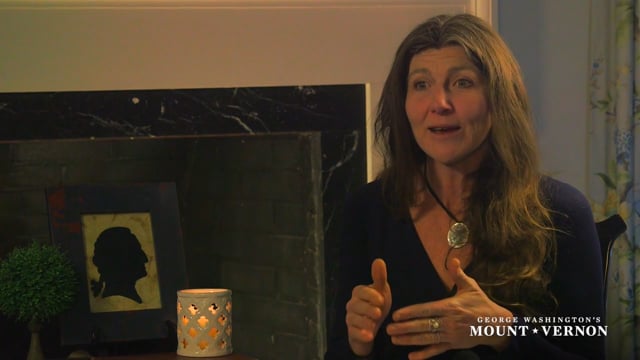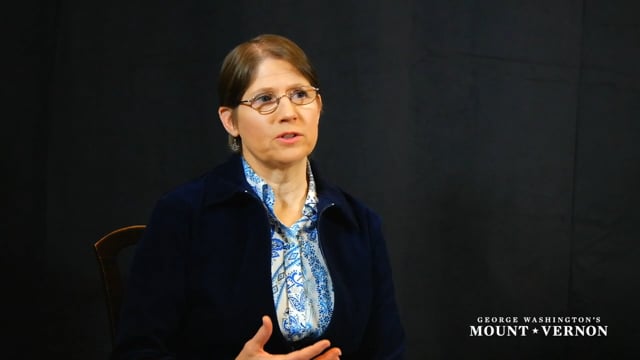Born in 1732, George Washington's physique and ambitions were tailor-made for his age—one in which displays of physical prowess were essential to recognition in society.
At six-feet-two inches and with a penchant for rambunctious horse riding, what he lacked in formal schooling, Washington made up for in physical strength, skill, and ambition.

Sportsmanship
Though he would have little time on his hands to contemplate what his life would mean to the future of America, George Washington helped to define the broader concept of what we call today the "American sportsman."
Learn more

Riding with George
Mount Vernon recently had the opportunity to sit down with author and journalist Philip Smucker about his new book.
Read interview
Foxhunting
Throughout his lifetime, George Washington enjoyed fox hunting during the fall and winter at Mount Vernon, often inviting his neighbors and business associates to join him in the sport.
Learn more
Equestrian at War
Equestrian prowess and warfare offered young George Washington his clearest path to fame. His long rides as a surveyor, through the forest on foxhunts, and his bayonet drills in the heat of the summer sun prepared him well for his eventual martial feats on horseback.
Learn more
Horsemanship
According to Thomas Jefferson, Washington was “the best horseman of the age” and others remarked that he “rode, as he did everything else, with ease, elegance, and with power.”
Learn more
Hunting and Fishing
With more nights under the stars than any of our Founding Fathers, George Washington hunted with several kinds of guns and he also fished with his own line and tackle in streams and rivers from Virginia to Pennsylvania.
Learn more
Allegheny Expedition
At the age of 21, Major Washington traversed the rugged and unexplored wilderness of the Virginia frontier. He hiked for days through snowy woods, fell off a raft into the ice-choked Allegheny River, and was forced to spend a freezing night on an island without shelter.
Learn more
On the Dance Floor
Like everything, George Washington took his performance on the dance floor deadly serious, once referring warmly to dance as "the gentler conflict."
Learn moreWhat Was Dancing Like in the 18th Century?
Learn from interpreters and historians from George Washington's Mount Vernon and the Colonial Williamsburg Foundation.


